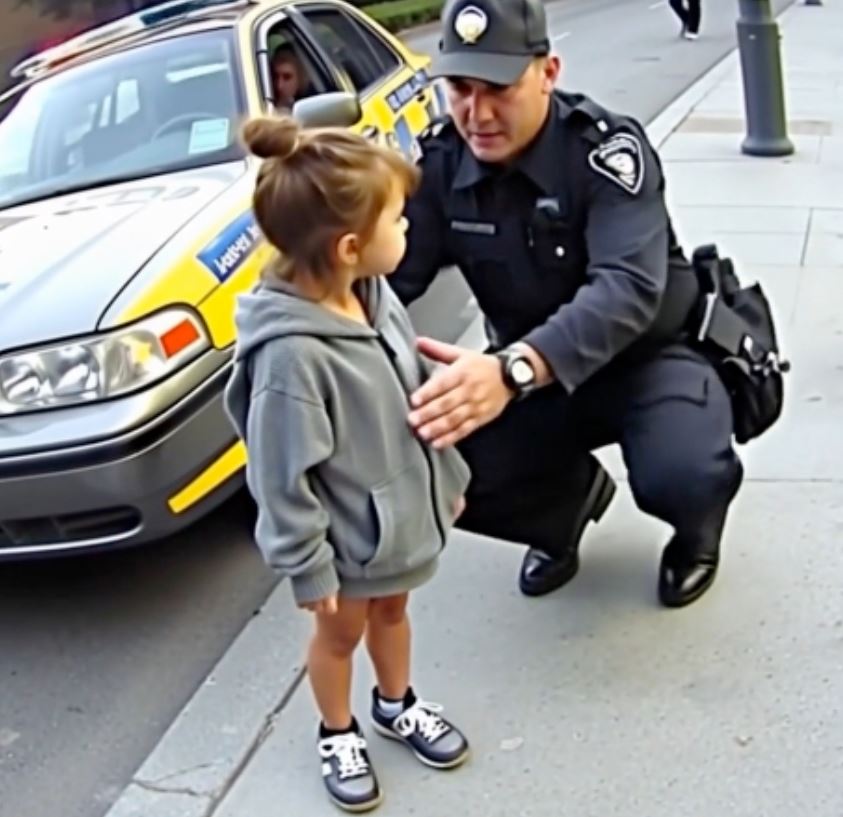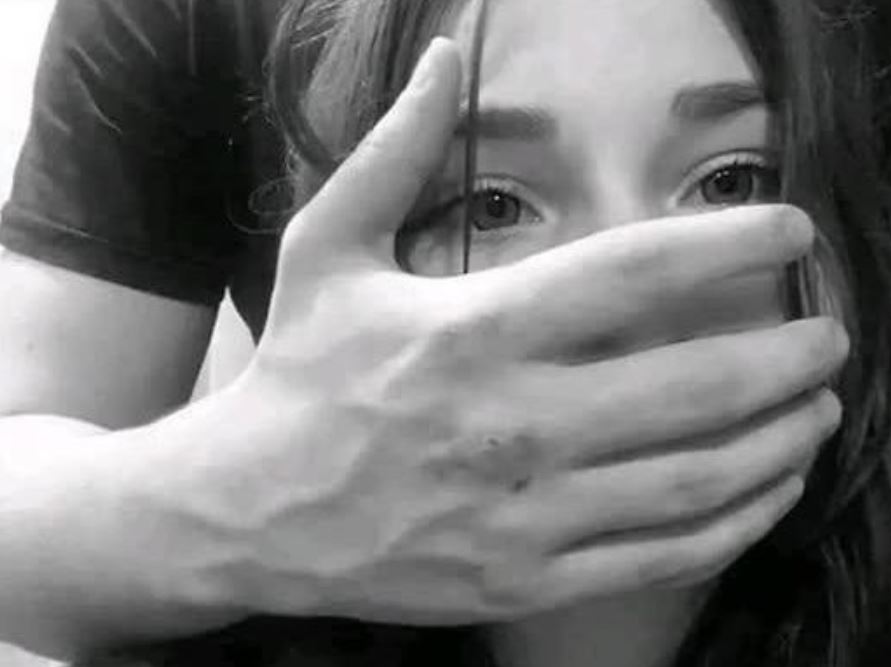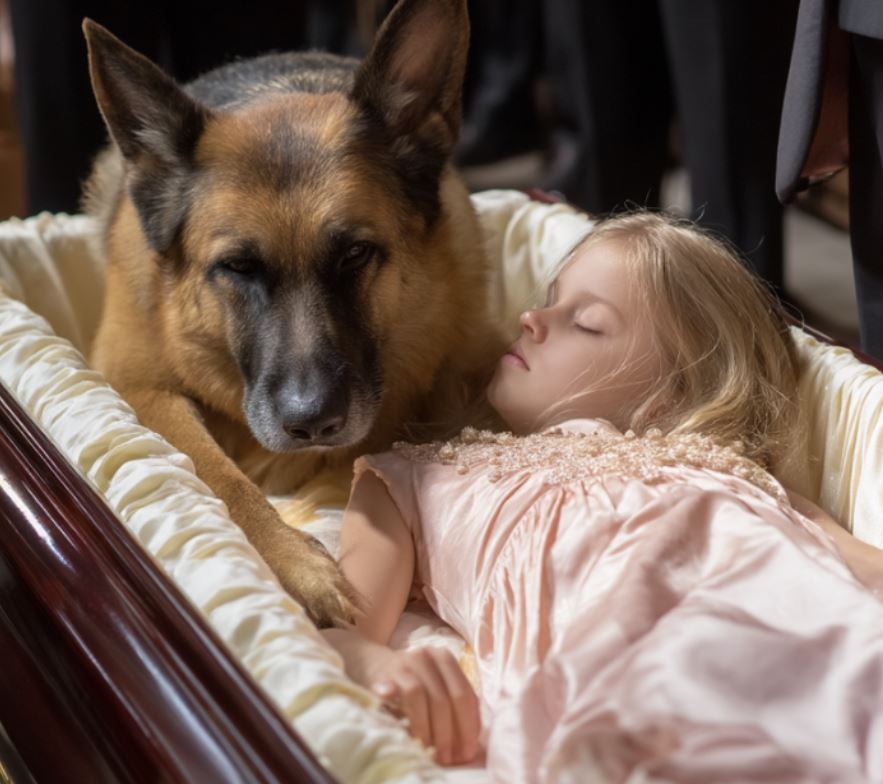These 5 caresses could reveal that he doesn’t love you like he used to
Love, when it first blooms, speaks through many languages—words, eyes, silence, and touch. Among these, touch is perhaps the most primal, most instinctive. A simple caress can communicate comfort, desire, affection, and connection in ways that words sometimes fail to express. But what happens when those caresses change? What does it mean when the warmth of a partner's touch slowly cools, or disappears entirely?
Relationships evolve, and so do the ways we express love. However, physical touch remains a cornerstone of emotional intimacy. When those small gestures—once filled with tenderness and passion—begin to feel hollow, distant, or robotic, they may be more than just passing moments of disconnection. They may be silent signals that the emotional bond has weakened.
Here are five types of caresses that, when altered, might reveal that he doesn’t love you like he used to. While not definitive proof, they are often quiet signs that love may be fading in ways words haven’t yet expressed.
1. Cold, Unintentional Hugs
There was a time when his arms wrapped around you like home. His hugs were long, full of presence and intention—a space where you felt safe and wanted. But now, maybe those embraces have become brief, stiff, or automatic. His arms may circle around you, but his heart no longer feels close.
A cold hug doesn’t necessarily mean cruelty—it may simply signal detachment. It’s not about how long the hug lasts, but how absent he feels within it. You can feel when someone is hugging you out of habit rather than emotion. If he no longer holds you like he feels anything, that could be the heart’s quiet retreat whispering through his touch.
2. Absent Caresses During Intimacy
Physical intimacy should be a dance of emotion, vulnerability, and connection. It’s a space where bodies speak the language of love and reassurance. But if those moments start to feel mechanical—lacking affection, tenderness, or any emotional depth—it may be a red flag.
When he touches you without intention, when his hands no longer explore with care, when his eyes no longer meet yours during intimacy—it might not just be tiredness or stress. It could be that the emotional connection, once rich and layered, has thinned into something hollow. When caresses during the most vulnerable of moments feel transactional or indifferent, they stop being about love—and start being about routine.
3. Touching as Companionship, Not Connection
There are touches we give out of love, and there are touches we give out of obligation. A quick tap on the back, a brief pat on the shoulder, or a passing brush of the hand—these gestures, while still physical, can feel more like a gesture of friendship or politeness than a partner's affection.
Touch is supposed to be a bridge between souls, but when it becomes a mere formality, it speaks volumes. If his touch feels impersonal—if he no longer touches you just to feel close, but only as a social behavior—it might mean his emotional need to connect through touch has diminished.
4. Distracted Caress
There’s something deeply intimate about a caress given with full presence. It says, “I’m here with you.” But when a caress is offered while his eyes are glued to a screen, while his mind is clearly elsewhere, or without any emotional engagement, it becomes an empty gesture.
A distracted caress may seem harmless, but it subtly reveals emotional absence. Love is about attention. And if he can no longer offer you a moment of undivided affection—a soft touch while looking into your eyes, a hand that holds yours without rush—then perhaps his heart is drifting. Not every distraction is a lack of love, but when it becomes a pattern, it can be a warning sign of emotional withdrawal.
5. Hands That No Longer Seek Yours
Do you remember how naturally his hand would find yours? In a crowd, while watching a movie, walking down the street—your fingers would intertwine as if by instinct. Those moments may have once been effortless, filled with connection and assurance. But now? Maybe those hands stay in his pockets. Maybe they fidget with his phone. Maybe they reach for nothing.
The absence of spontaneous physical connection is perhaps one of the most painful signs. It suggests not only physical distance, but also an emotional chasm growing between you. It’s not about needing to hold hands constantly—it’s about the absence of the desire to. When he no longer reaches for your hand, it may be because he no longer feels the need to reach for your heart.
But Not All Is Lost
It’s important to say: these changes in touch do not always mean love is dead. Sometimes, life gets in the way. Stress, exhaustion, mental health, or emotional burnout can dull even the most passionate love. Not every cold hug is a sign of detachment. Not every distracted caress is the end of intimacy.
But these signs are worth noticing.
Physical touch is often the first thing to change when emotional closeness begins to fade. If you’ve noticed a shift, don’t ignore it—but don’t jump to conclusions either. The healthiest path forward is always open, honest conversation. Ask. Listen. Reflect. Sometimes, love can be rekindled when both partners are willing to acknowledge the distance and build the bridge back.
In Conclusion
Love doesn’t usually vanish all at once. It ebbs slowly, silently—often unnoticed until its absence becomes unbearable. And sometimes, it speaks through the smallest, quietest gestures. Through a hug that feels hollow. Through a hand that no longer reaches for yours.
So pay attention not just to the words he says, but to the way he touches you—or doesn’t. Because in love, the body often speaks the truth that the heart is afraid to say aloud.
And in that truth, you may find not only answers—but also the strength to choose what’s next.


